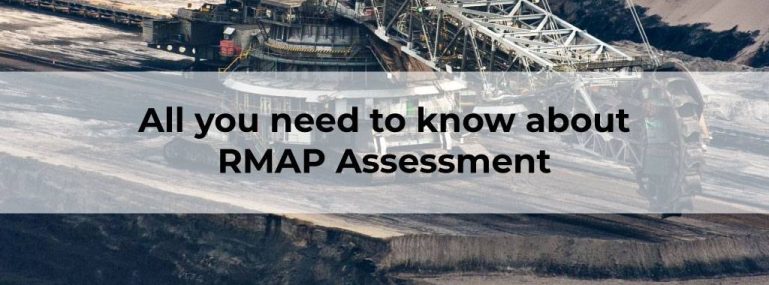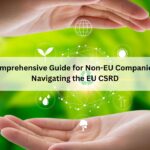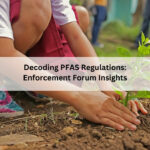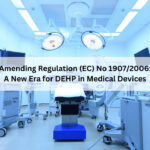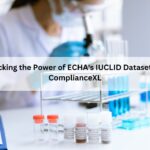The most important program of RMI is the RMAP (Responsible Minerals Assurance Process) Assessment, which helps the companies to understand the risk in their supply chain on the sourced minerals. RMAP Assessment is not a material validation assessment. Rather, it examines what systems and processes are in place to source responsibly as per OECD and RMAP guidelines.
Every supplier is requested to recommend their smelters/refiners to participate in RMAP Assessment process to maintain a conflict-free supply chain. However, suppliers now a days source the minerals from smelters/refiners who have already completed the RMAP audit to avoid the risk and in a way to comply on ESG requirements.
The RMAP uses an independent third-party Assessment to validate the Conformance of Smelters and Refiners with RMAP Standards. Moreover, all assessments are conducted through RMI approved- Independent third-party auditors.
The RMAP Standards were developed based on the OECD guidelines, EU Regulation (2017/821), the U.S. Dodd-Frank Wall Street Reform and Consumer Protection Act.
Who can participate in RMAP Assessment?
- The Smelters and Refiners who come in line with the RMAP Standards,
- Smelters fully operational during the assessment period.
These assessments are valid for 1 or 3 years, depending on the number of factors like geo-political situations, sanctions, etc. Make sure your supply chain undergoes the RMAP audit and remain free of Conflict minerals.
The Conflict Minerals reporting contributes towards international efforts to reduce trading in minerals sourced from conflict zones (‘conflict minerals’). It requires companies that purchase products containing Tin, Tungsten, Tantalum or Gold (3TG) to report their procurement sources, which impacts the whole supply chain. In recent years, NGO reports have also highlighted the serious environmental pollution and human rights violations associated not only with 3TG mining but also with Cobalt, Mica, Copper, Zinc and others. Consequently, manufacturers are now actively seeking ways to import cobalt in a ‘responsible’ manner. Despite the fact that most attention is paid to raw materials when it comes to responsible sourcing, other aspects of the supply chain, such as factory working conditions, are also concerned.
RMAP sets standards for smelters and refiners in setting Code of Good Practice and includes extensive stakeholder consultations to ensure the standards are aligned with regulatory requirements, meet the highest practice expectations and are of high quality. This is done in a way that is verifiable and promotes the RMAP’s credibility and acceptance by all stakeholders.
Talk to one of our Conflict Minerals specialists today!

